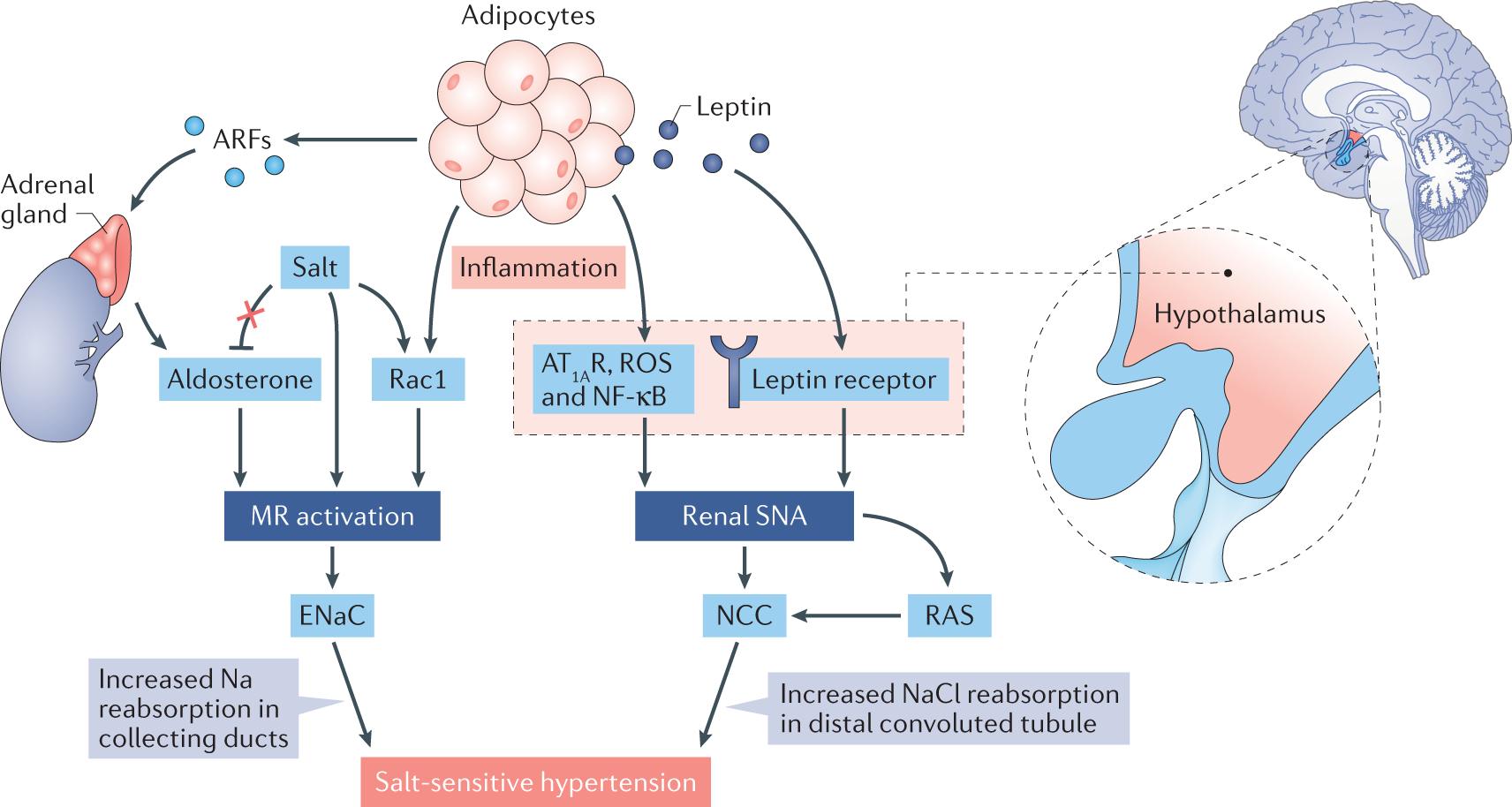Maintaining healthy blood pressure levels and promoting heart health are essential for overall well-being. One promising approach to achieving these goals is through the combined effects of potassium and magnesium. These minerals play vital roles in regulating blood pressure, maintaining electrolyte balance, reducing inflammation, and preventing cardiovascular diseases. In this article, we will explore the top five helpful pieces of information about the impact of the potassium-magnesium combination in lowering blood pressure and promoting heart health.
1, Blood Pressure Regulation.
Both potassium and magnesium play important roles in blood pressure regulation.
Potassium is an electrolyte that helps maintain the balance of fluids in the body. It works in opposition to sodium, another electrolyte, to regulate blood pressure. When you consume too much sodium, it can cause an increase in fluid retention, leading to higher blood volume and elevated blood pressure. Potassium counteracts these effects by promoting the excretion of sodium through the urine and relaxing the walls of blood vessels, which helps to lower blood pressure. Adequate potassium intake is essential for maintaining normal blood pressure levels.
Magnesium also contributes to blood pressure regulation. It helps relax and dilate blood vessels, which reduces resistance to blood flow and ultimately lowers blood pressure. Magnesium also plays a role in regulating the balance of other minerals, such as potassium and calcium, which are important for proper muscle function, including the muscles in blood vessels. By promoting relaxation of blood vessels and maintaining mineral balance, magnesium helps support healthy blood pressure levels.
When combined, potassium and magnesium can have a synergistic effect on blood pressure regulation. They work together to counteract the effects of sodium and promote relaxation of blood vessels, which can help maintain normal blood pressure levels. It's important to note that maintaining a balanced diet rich in fruits, vegetables, whole grains, and other nutrient-dense foods is generally the best way to ensure an adequate intake of these minerals. However, it is always advisable to consult with a healthcare professional or a registered dietitian before making any significant changes to your diet or starting any supplements. They can provide personalized recommendations based on your specific health needs.
2, Electrolyte Balance.
Potassium is an intracellular electrolyte, meaning it primarily resides within cells. It plays a vital role in various cellular functions, including the transmission of nerve impulses, muscle contraction (including the heart muscle), and maintaining proper fluid balance within cells. Adequate potassium levels are essential for normal heart rhythm and overall cardiovascular health.
Magnesium, on the other hand, is both an intracellular and extracellular electrolyte, meaning it is found inside and outside cells. Like potassium, magnesium is involved in muscle contraction and relaxation, including the heart muscle. It helps regulate the electrical impulses that coordinate heartbeats and contributes to maintaining a stable heart rhythm.
The balance between potassium and magnesium is crucial for the proper functioning of the heart and other muscles. An imbalance in these electrolytes can lead to disruptions in heart rhythm, such as arrhythmias. It's worth noting that other electrolytes, such as sodium and calcium, also play important roles in maintaining the balance and function of cells, including cardiac cells.
To maintain a healthy balance of these electrolytes, it's important to consume a balanced diet that includes foods rich in potassium and magnesium. Good sources of potassium include bananas, leafy greens, potatoes, and citrus fruits, while magnesium can be found in foods like nuts, seeds, whole grains, and leafy green vegetables.
However, it's important to consult with a healthcare professional or a registered dietitian before making any significant changes to your diet or starting any supplements, as individual needs may vary based on factors like overall health and any underlying medical conditions. They can provide personalized recommendations and guidance to help maintain proper electrolyte balance and support heart health.
3, Reduction in Sodium-Induced Hypertension.
High sodium intake is associated with an increased risk of hypertension (high blood pressure). However, the combination of potassium and magnesium can help counteract the negative effects of excessive sodium intake and reduce blood pressure.
Potassium helps regulate fluid balance in the body and plays a crucial role in counteracting the effects of sodium. When sodium intake is high, potassium helps promote the excretion of sodium through the urine, thereby reducing the amount of sodium in the body. By balancing sodium levels, potassium helps maintain normal blood pressure levels.
Magnesium, as mentioned earlier, helps relax and dilate blood vessels, reducing resistance to blood flow. When sodium levels are high, it can lead to constriction of blood vessels, increasing blood pressure. Magnesium counteracts this effect by promoting the relaxation of blood vessels, which helps lower blood pressure.
By combining potassium and magnesium, you can enhance their beneficial effects on blood pressure regulation. Potassium helps excrete excess sodium, while magnesium helps counteract sodium-induced constriction of blood vessels. This synergistic effect can help mitigate the negative impact of high sodium intake on blood pressure.
However, it's important to note that while increasing potassium and magnesium intake can be beneficial, it's equally important to maintain an overall balanced and healthy diet. This includes reducing sodium intake, consuming nutrient-rich foods, and adopting a lifestyle that supports blood pressure control, such as regular physical activity, stress management, and maintaining a healthy weight.
It's always advisable to consult with a healthcare professional for personalized advice on managing blood pressure and incorporating specific dietary changes. They can assess your individual health status and provide appropriate recommendations based on your specific needs.
4, Anti-Inflammatory Effects.
While both potassium and magnesium play important roles in the body, it's worth noting that their direct anti-inflammatory effects are not well-established. However, they indirectly contribute to reducing inflammation by supporting overall health and promoting proper bodily functions, which can have positive effects on the cardiovascular system.
Chronic inflammation is indeed associated with an increased risk of heart disease and other chronic conditions. Although potassium and magnesium may not directly possess specific anti-inflammatory properties, they are involved in various processes that can indirectly impact inflammation and cardiovascular health.
Potassium helps maintain cellular function and electrolyte balance, including within blood vessels. By supporting proper muscle contraction, including the smooth muscle cells in blood vessel walls, potassium helps regulate blood flow and maintain healthy blood pressure levels. By counteracting the effects of sodium, potassium may also help reduce oxidative stress, which is associated with inflammation and cardiovascular disease.
Magnesium, on the other hand, is involved in numerous enzymatic reactions within the body. It plays a role in cellular energy production, DNA synthesis, and protein synthesis. Magnesium also helps regulate calcium levels and supports proper muscle and nerve function. By contributing to the relaxation of blood vessels and reducing resistance to blood flow, magnesium can indirectly promote cardiovascular health.
Both potassium and magnesium are found in a variety of fruits, vegetables, whole grains, and other nutrient-dense foods. By consuming a balanced diet that includes these foods, you can support overall health and potentially reduce the risk of chronic inflammation and cardiovascular disease.
It's important to note that while potassium and magnesium can play a role in promoting heart health and reducing the risk of heart-related conditions, they are just part of a comprehensive approach to cardiovascular health. Other factors, such as maintaining a healthy weight, engaging in regular physical activity, managing stress, and avoiding smoking, are also essential in supporting heart health and reducing inflammation.
If you have concerns about inflammation or cardiovascular health, it's always advisable to consult with a healthcare professional who can provide personalized recommendations based on your specific circumstances.
5, Cardiovascular Disease Prevention.
Adequate intake of potassium and magnesium has been associated with a lower risk of cardiovascular disease (CVD). Including foods rich in these minerals in your diet or considering appropriate supplementation, under the guidance of a healthcare professional, may help reduce the risk of developing conditions such as hypertension, stroke, and heart disease.
Several studies have indicated that higher dietary intake of potassium is associated with a lower risk of hypertension, a major risk factor for CVD. By promoting proper fluid balance, counteracting the effects of sodium, and helping to relax blood vessels, potassium plays a role in maintaining healthy blood pressure levels.
Likewise, magnesium intake has been linked to a reduced risk of hypertension, diabetes, and stroke, all of which are significant risk factors for CVD. Magnesium's ability to relax blood vessels, regulate blood sugar levels, and support overall cardiovascular function contributes to its potential role in preventing CVD.
Incorporating potassium- and magnesium-rich foods into your diet is generally the best way to ensure adequate intake of these minerals. Good dietary sources of potassium include fruits (such as bananas, oranges, and avocados), vegetables (such as leafy greens and potatoes), legumes, and dairy products. Magnesium can be found in foods like nuts, seeds, whole grains, leafy green vegetables, and legumes.
However, it's important to note that individual requirements may vary based on factors such as overall health, medications, and existing medical conditions. Therefore, it's crucial to consult with a healthcare professional or a registered dietitian before making significant dietary changes or starting any supplementation. They can assess your specific needs and provide personalized recommendations to help reduce the risk of CVD and promote overall cardiovascular health.
Additionally, it's worth noting that maintaining a balanced lifestyle, including regular physical activity, managing stress, avoiding smoking, and maintaining a healthy weight, is also essential for cardiovascular disease prevention.
The potassium-magnesium combination offers a compelling avenue for improving blood pressure levels and enhancing heart health. By incorporating foods rich in these minerals or consulting with healthcare professionals about appropriate supplementation, individuals can potentially reduce their risk of hypertension and cardiovascular diseases. It is important to emphasize that personal needs may vary, and guidance from healthcare professionals is crucial in determining the optimal approach for incorporating potassium and magnesium into one's diet or supplementation routine. With the right strategies in place, harnessing the power of these minerals can pave the way for a healthier heart and overall well-being.



:max_bytes(150000):strip_icc()/best-anti-inflammatory-medication-2548734-c7ad2c0e99d8424b95ce54ef0cb1a041.png)

Comments
Post a Comment